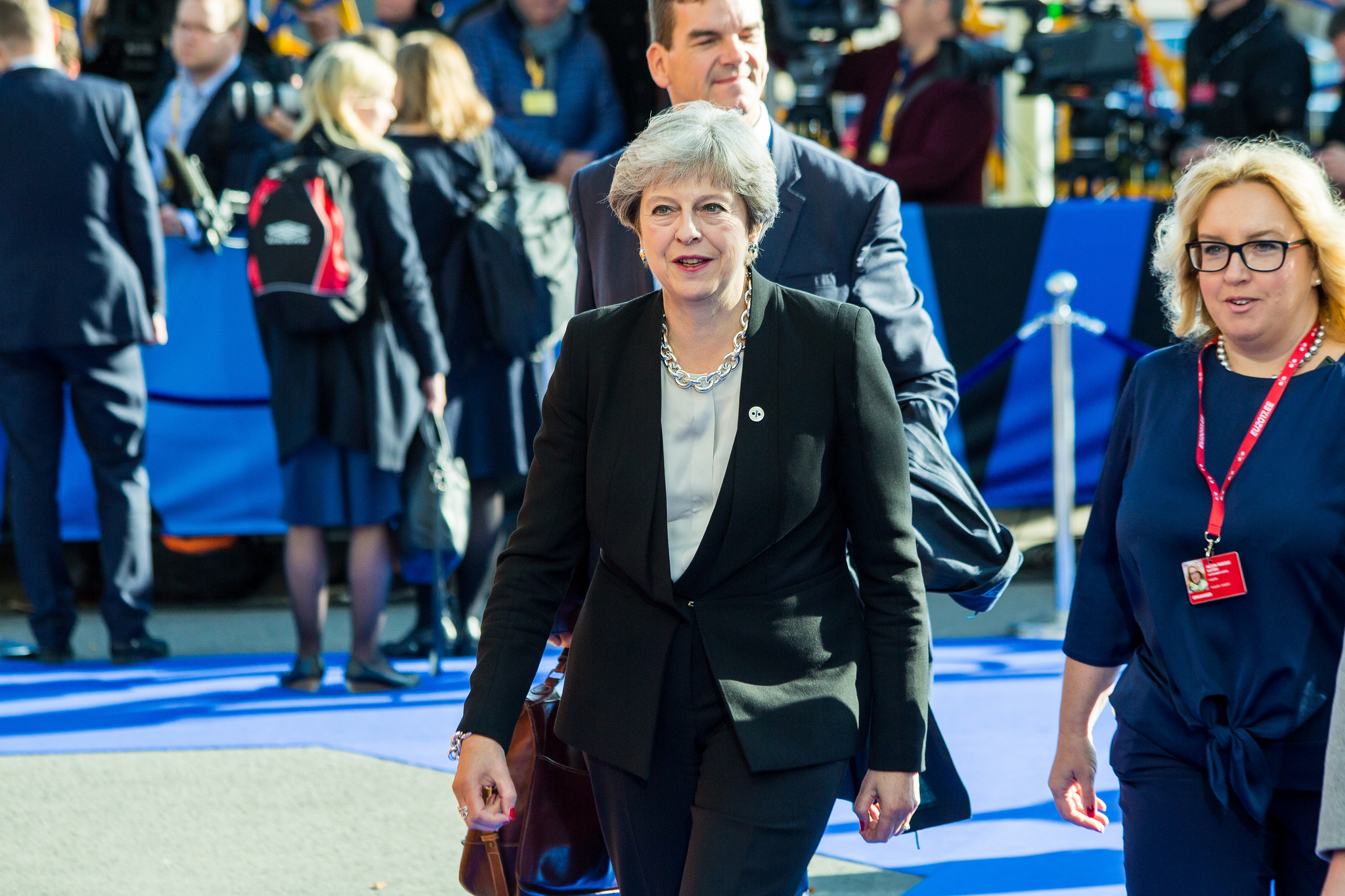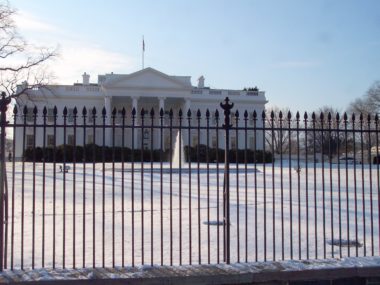By Martin Rhodes for Denver Dialogues.
On Monday December 10th, British Prime Minister Theresa May delayed a parliamentary vote (originally due for today) on the Brexit withdrawal deal her government had negotiated with the European Union (EU). The vote was widely expected to go against her. Opposition came from within her own party, led by hardline Brexiteers such as Jacob Rees-Mogg and former Foreign Minister, Boris Johnson (who has resigned in response to the plan), as well as from much of the opposition Labour Party and Northern Ireland’s Democratic Unionists (DUP) whose 10 seats in parliament prop up May’s minority Conservative government.
The external observer could be forgiven for finding much of what is going on incomprehensible. The situation in Britain becomes ever more farcical – but with a strong vein of tragedy. The 2016 referendum was won by a relatively small margin of 51.89% to 48.11%, but enough to politically oblige the government to proceed with Brexit despite the non-legally binding character of UK referendums. And this regardless of the fact that Scotland and Northern Ireland both voted Remain, and opposition to Brexit from British business, large and small, was almost complete. Add in a Brexit campaign characterized by large-scale mendacity regarding the EU and what Britain could achieve outside it on the part of the cross-party ‘Vote Leave’ organization, UKIP (the United Kingdom Independence Party), and the British tabloid press, it is little wonder that the losing Remainers feel that Britain is leaving the EU based on a massive lie.
The country is now bitterly split by Brexit-new polls suggest a majority today of 52% to 48% in favor of Remain, a wound that is unlikely to heal even if, as currently seems most improbable, a reiteration of May’s withdrawal agreement that is more acceptable to parliament can be negotiated with the EU. A united EU has said it will not renegotiate. The major (but not only) sticking point–the future of the post-1998 Good Friday Agreement relationship between Northern Ireland and the Republic of Ireland defies easy resolution under any plausible Brexit scenario.
Beyond the present mess–the squabbles between (and even within) the Leave and Remain coalitions, and the dire warnings from economists and the Bank of England of the negative impact that Brexit will have (and has had) on the British economy–the Brexit debacle alerts us to a couple of lessons for students of international relations and comparative politics.
The first is that the international integration of economies that has proceeded rapidly over the nearly five decades since Britain joined the EU has created a formidable obstacle to political and economic nationalism. It is now impossible for a country to withdraw from an integrated economic bloc without severely damaging its own economy. The second is that most scholars of the EU – let alone most British politicians – have failed to understand the ‘nature of the beast’. The EU is not an international organization or a club of countries who have joined together out of political and economic convenience. It is, with certain idiosyncrasies, a fully-fledged federal system. Britain’s leaving the EU in the 21st Century is now, in many ways, akin to New York State leaving the USA.
Regarding economic nationalism, if the boomerang effects of Trump’s trade nationalism on the US economy are becoming clear and alert us to the strong structural ties that now bind the advanced Western and Asian economies together, Brexit demonstrates clearly that it no longer makes sense in the deeply integrated EU to conceive of economies as ‘national’. That is why London-based banks are moving certain key operations to other EU commercial centers, why a growing number of manufacturers are preparing to reorganize their supply chains to the detriment of their presence in Britain, and why Britain will have to renegotiate dozens of new trade agreements that until now have linked it to other countries and regional trade pacts via the EU.
As for the nature of the beast, the travails of the Brexit process reveal that even as a relative late comer to the EU (in 1973, some fifteen years after the original six in 1957), Britain is fully embedded politically, economically, legally, and constitutionally in the complex web of ties and deeply-pooled sovereignty that hold the EU together. One should add political identity to that mix: for those who believe that European identity is shallow and a source of EU weakness, just take a look at the enthusiasm and commitment of the UK’s resurgent Remain movement. The evident problems of leaving this system unscathed have had at least one salutary effect: Europe’s various right-wing populist parties have recently tempered their anti-Europeanism: even if Britain does manage to extricate itself, do not expect a Grexit, Frexit, or Italexit to follow. Scholars and others speculating about EU ‘disintegration’ should take note. Stop thinking about the EU as some kind of unique, N of 1, ‘unidentified political object’. In many respects, it is now a federal polity comparable in its organization, functioning, and finalité politique to the United States, Canada, or Australia.
The upshot of this analysis is not only that ‘breaking up is hard to do’ (to use the phrase of that famous political scientist Neil Sedaka) but that divorce from a complex political system can be ruinous. For all the posturing and grand standing of the country’s nationalist politicians, both in the mainstream and at the extremes, Britain is no longer and can never again be ‘great’. The British Empire died – along with 700,000 of its soldiers – in the trenches of World War 1. The plucky, independent island nation that won the Battle of Britain in 1940 is now, for all intents and purposes, a ‘province’ or ‘territory’ of Europe as much as Quebec is of Canada. In other words, part of a large political system but with special status. The UK has ‘opted out’ of the Euro, the Schengen Agreement on open borders, and parts of the EU’s Charter of Fundamental Human Rights, but in most key respects it is integral to the wider federal system.
As such, Brexit – if it ever happens, and there are good reasons to believe that it will not – will leave the UK in an unenviable position. It will be split internally between self-identifying Europeans and self-regarding Little Englanders, a divide that overlaps, although imperfectly, with two others. That between older, less educated, small town and rural inhabitants, and their younger, better educated, metropolitan counterparts, and between the voters of Northern Ireland and Scotland and those of England and Wales–a predictable source of much political instability in years to come. And as a small, and much less plucky nation today, on the periphery of the world’s largest and most successful regional economy, it will sacrifice the pooled-sovereignty with a strong voice that came with EU membership for economic and political marginalization outside. This is a heavy price to pay for the spurious purported gains from independence advanced by Britain’s clique of irresponsible nationalist politicians in 2016.






